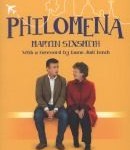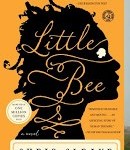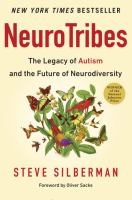 I’ve just finished Neurotribes: the legacy of autism and the future of neurodiversity by Steve Silberman. The title of the book led me to believe that the book would be focused on current and future research in autism and brain differences, but it ended up focusing mainly on the history of autism research and how autism became a well-known word over the past few decades. Nonetheless, the book was a fascinating read that delved into the first known autism researchers and how their work affected the beliefs, perceptions, and pseudoscience surrounding autism up to the present day. Although a bit heavy on the history (weighing in at 534 pages!) and disturbing in some parts, it’s worth the time.
I’ve just finished Neurotribes: the legacy of autism and the future of neurodiversity by Steve Silberman. The title of the book led me to believe that the book would be focused on current and future research in autism and brain differences, but it ended up focusing mainly on the history of autism research and how autism became a well-known word over the past few decades. Nonetheless, the book was a fascinating read that delved into the first known autism researchers and how their work affected the beliefs, perceptions, and pseudoscience surrounding autism up to the present day. Although a bit heavy on the history (weighing in at 534 pages!) and disturbing in some parts, it’s worth the time.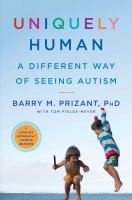 Uniquely Human: a different way of seeing autism by Barry M. Prizant with Tom Fields-Meyer is geared toward parents and caregivers of children with autism, but is a recommended read for anyone interested in autism. Prizant states that “Autism isn’t an illness. It’s a different way of being human.” His book is divided into two sections, the first on understanding autism and the second on living with autism. Prizant uses his 40+ years of experience by peppering the book with real-life examples and focusing on how people can understand autistic behaviours as well as different strategies for dealing with challenges.
Uniquely Human: a different way of seeing autism by Barry M. Prizant with Tom Fields-Meyer is geared toward parents and caregivers of children with autism, but is a recommended read for anyone interested in autism. Prizant states that “Autism isn’t an illness. It’s a different way of being human.” His book is divided into two sections, the first on understanding autism and the second on living with autism. Prizant uses his 40+ years of experience by peppering the book with real-life examples and focusing on how people can understand autistic behaviours as well as different strategies for dealing with challenges.
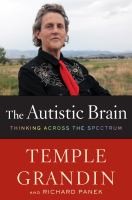 If you’d like to read something from the perspective of a person with autism, check out The Autistic Brain: thinking across the spectrum by Temple Grandin and Richard Panek. Grandin is one of the most famous individuals on the autism spectrum and has written several books. This one combines her own experiences with the most recent research on brain differences and genetics relating to autism. She also discusses the sensory issues experienced with autism and how parents can help their children integrate into the world.
If you’d like to read something from the perspective of a person with autism, check out The Autistic Brain: thinking across the spectrum by Temple Grandin and Richard Panek. Grandin is one of the most famous individuals on the autism spectrum and has written several books. This one combines her own experiences with the most recent research on brain differences and genetics relating to autism. She also discusses the sensory issues experienced with autism and how parents can help their children integrate into the world.

